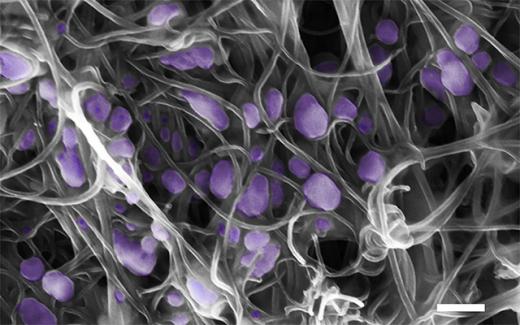To detect a virus, you need to already know intimate details about it. You need to design a test particular to that virus: one that finds and copies only a specific, identifying piece of its genetic material.
|
ADVERTISEMENT |
But Mauricio Terrones and his collaborators at Penn State University think they’ve found a better way. Described recently in Proceedings of the National Academy of Sciences, their method, VIRRION, may be a faster and more versatile diagnostic tool than the conventional polymerase chain reaction (PCR) virus tests.
PCR works by making millions of copies of DNA or RNA to enhance the detection of viruses, including the novel coronavirus, SARS-CoV-2. The ongoing pandemic has led to advances in the speed of PCR tests. But the test is based on biochemical processes that occur at specific temperatures, so researchers can’t process tests any faster than the several hours it takes to heat and cool the sample many times. Not only that, a PCR test will only recognize the virus that it was specifically designed to test, so a new test must be developed and disseminated each time a new virus pops up. The delay between the emergence of a virus and the availability of tests can lead to devastating consequences.
…

Add new comment